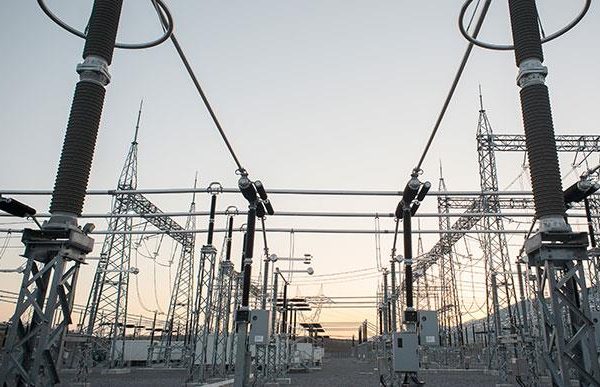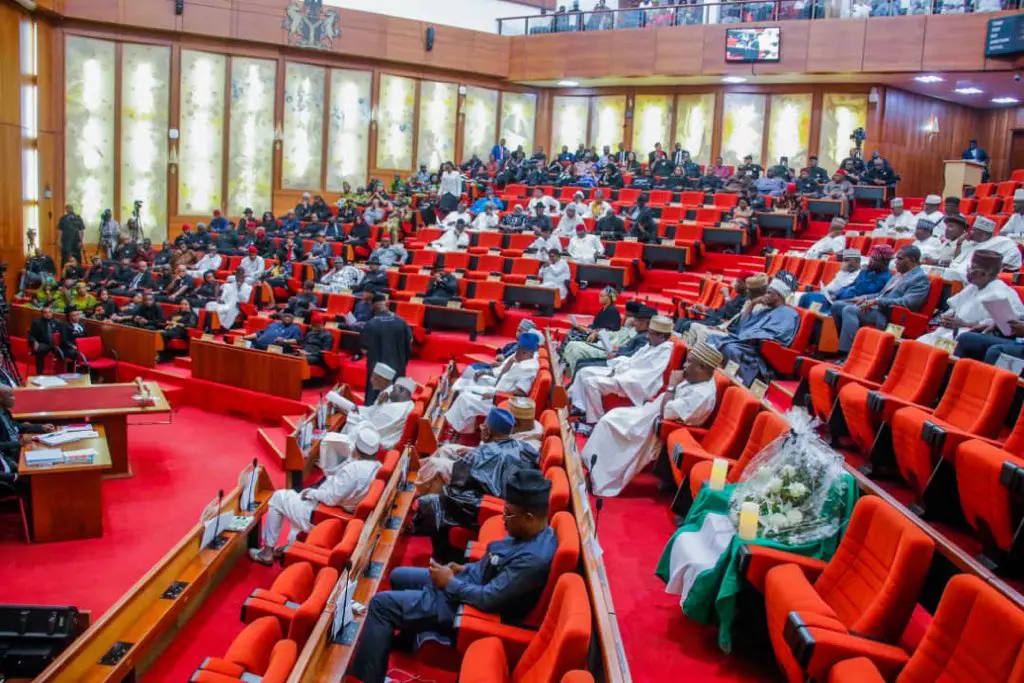Nigeria has suffered another nationwide blackout – the fifth time in 2024.
According to various distribution companies (DisCos), their feeders became inactive, resulting in widespread blackouts across the country.
Data from the Transmission Company of Nigeria’s (TCN’s) generation trend showed that the grid collapsed at about 1:30 pm on Monday and dropped from 3,241 megawatts (MW) to 1,255MW in an hour.
As at the time of this report, out of 21 plants connected to the grid, five generation companies (GenCos) are down while 17 are generating power.
The TCN is yet to give reasons for the collapse.
Confirming the incident, the Abuja Electricity Distribution Company (AEDC) on X, said the grid collapsed at 2.30pm.
“We understand that some of our customers are still without power due to a system failure from the national grid at 2.55pm today, 5th August 2024,” AEDC posted.
“Please be assured that the system is gradually stabilising, and we are working diligently with all relevant stakeholders to restore power to the affected areas as quickly as possible.”
The national electricity grid had suffered a collapse five times in 2024.
The first time the grid collapsed was on February 4.
The grid experienced another collapse on March 28.
The blackout also happened on April 15, and July 6, for the third and fourth time respectively.
On May 1, TCN said the number of system collapses has reduced significantly in the country.
According to Ndidi Mbah, TCN’s spokesperson, the grid disturbances declined by 76.47 percent in five years.
Mbah said the country recorded 20 system collapses from 2020 till May 1, compared to the 85 grid disturbances between 2015 to 2019.
Meanwhile, on April 18, the commission said it had deployed a digital system called generation dip/loss detection system (GLDS) to swiftly detect and respond to sudden drops in power generation.




